Germans "offer": Serbia and the so-called Kosovo as "two countries" in the EU
An agreement between Belgrade and Pristina would not only improve regional stability, but would also open up the prospects of "two countries" for EU membership.
Tuesday, 08.06.2021.
13:26
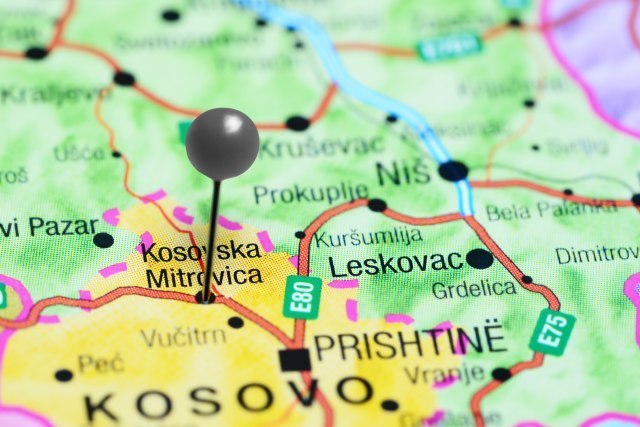
Germans "offer": Serbia and the so-called Kosovo as "two countries" in the EU
An agreement between Belgrade and Pristina would not only improve regional stability, but would also open up the prospects of "two countries" separately for EU membership, Heiko Maas, German Minister of Foreign Affairs said.This German statesman conveyed the message of official Berlin during the opening of the conference of foreign ministers of the participants in the Berlin Process, which is being held in the form of a video meeting within the German presidency.
Maas said that Berlin unconditionally supports the efforts of the EU High Representative Josep Borrell and the EU Special Envoy for Dialogue Miroslav Lajcak in the realization of that task.
"All nations in Europe have a historical burden, but history must not be an obstacle in creating a common future," he stressed.
He pointed out that the enlargement process must be restarted. "The future of all six Western Balkan countries is in the EU. Germany is still fully committed to that goal," Maas said, adding that when the countries of the region show results, the EU must do its part.
"When they fulfill their commitments, we have to fulfill ours, that must be our approach to EU enlargement in the future," Maas emphasized.
He pointed out that the countries of the region should strengthen the rule of law, fight corruption and organized crime, work to protect the freedom of the media and create a space in which democracy can develop further.
"Such reforms will contribute to attracting larger foreign investments, create prospects for young people and stop the outflow of skilled labor from the region," he explained. Maas said that, on the other hand, the EU must stand behind its promises. In that regard, he mentioned North Macedonia and Albania, stating that those countries have made sustainable progress in judicial reform and the fight against corruption and organized crime, and that Skopje has reached a historic Prespa Agreement with Athens.
"Therefore, accession negotiations with North Macedonia and Albania would begin now," he said. Maas said that it is known that domestic policy can limit the space for foreign policy, as well as that there are tricky issues of the past and identity, but, he added, such bilateral issues should not hinder the entire accession process.
He also said that the EU should finally fulfill its part regarding visa liberalization with the so-called Kosovo.
Dayton and Ratko Mladic
Speaking about Bosnia and Herzegovina, he said that more than 25 years after Dayton, there is a worrying standstill and aggressive rhetoric, and he referred to today's sentencing of Ratko Mladic."This trial reminds us of the horrific wars of the 1990s with genocide, mass killings and ethnic cleansing. Those horrific memories should lead us to the conclusion that the future of the Western Balkans is in peace and democracy," he stressed.
Maas pointed out that the European road map for Bosnia-Herzegovina is clear - 14 key priorities of the European Commission.
According to him, the high representative of the international community remains of key importance.
"That is why I am very grateful to Christian Schmidt and the supporters of his appointment. He will help Bosnia-Herzegovina return to the international agenda," Maas said. He also pointed out the important role of civil society in encouraging reconciliation and dialogue as a pledge that the Berlin Process Summit in July will be successful for the benefit of the citizens of the region.
In that regard, he said that the agreement on freedom of travel with ID cards would especially encourage trade and passenger traffic, as well as that a common "visa liberalization" and the recognition of academic and professional diplomas would make life easier for citizens.
"The pandemic has shown that most of the challenges we face do not stand on the border of one country. A prosperous and peaceful Western Balkans requires countries in the region that offer each other a hand of cooperation, with pragmatism and courage, with a realistic view and ambitions," Maas said, adding that the choice of path is up to the region, and that Germany will provide support.





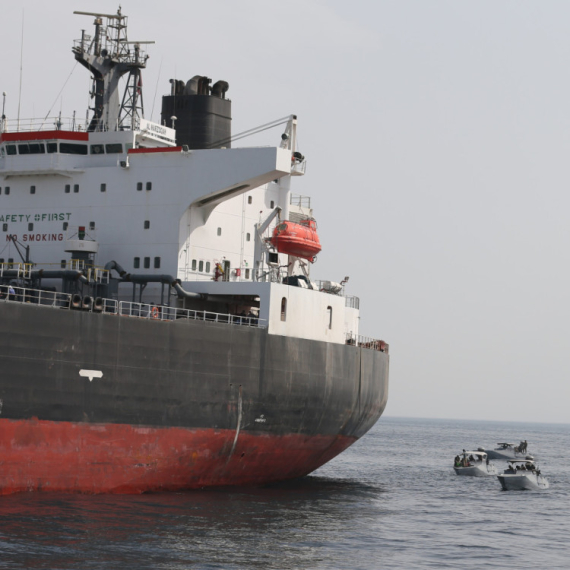







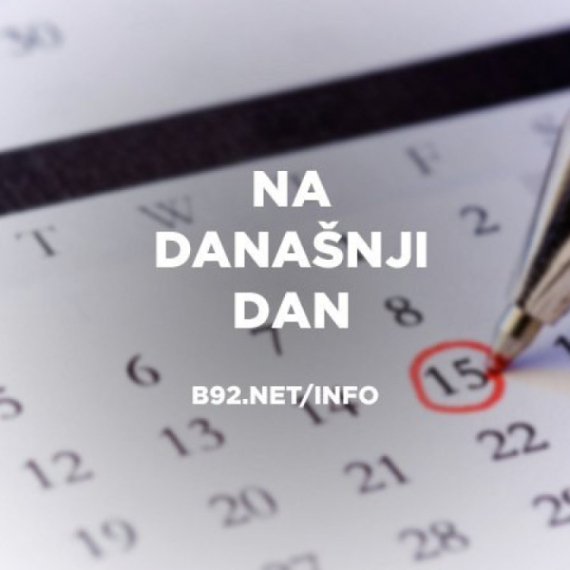









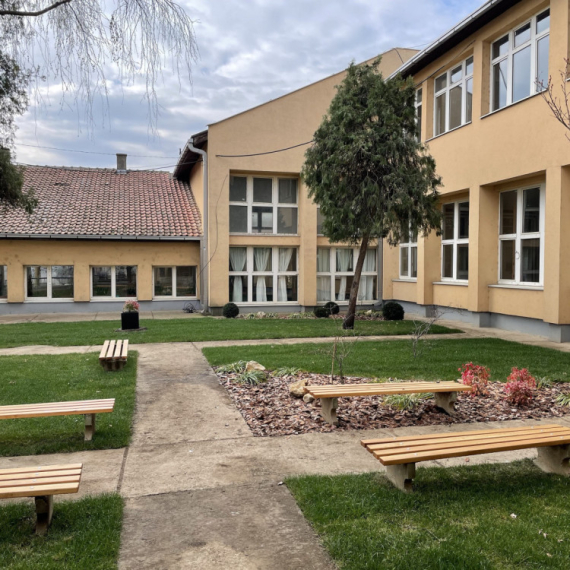





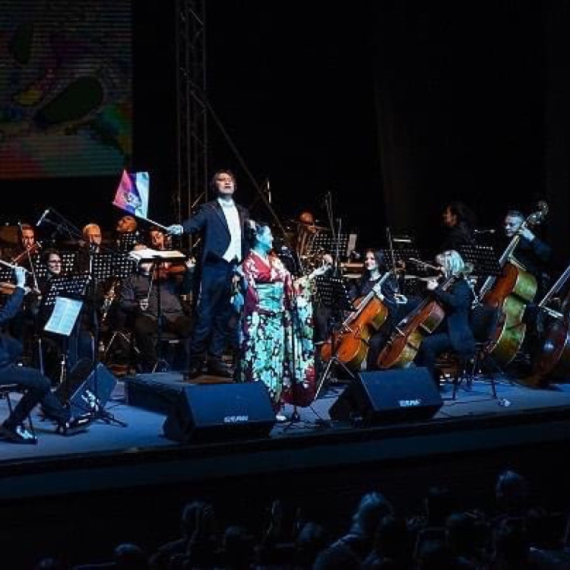




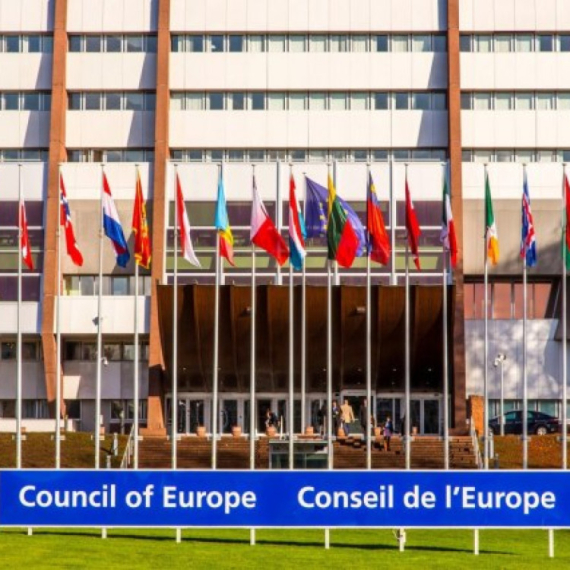



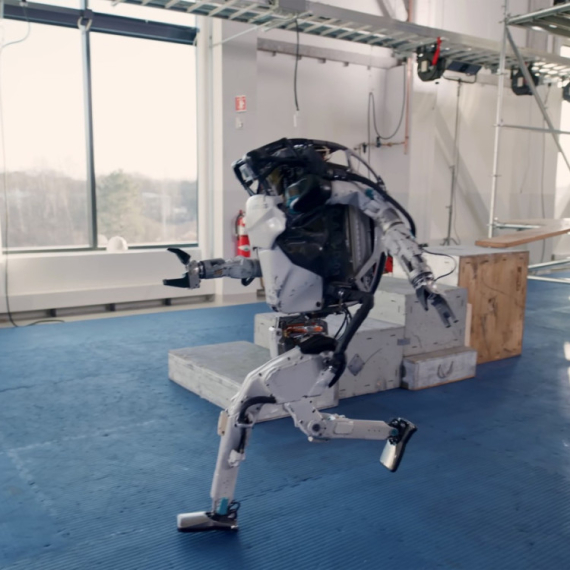





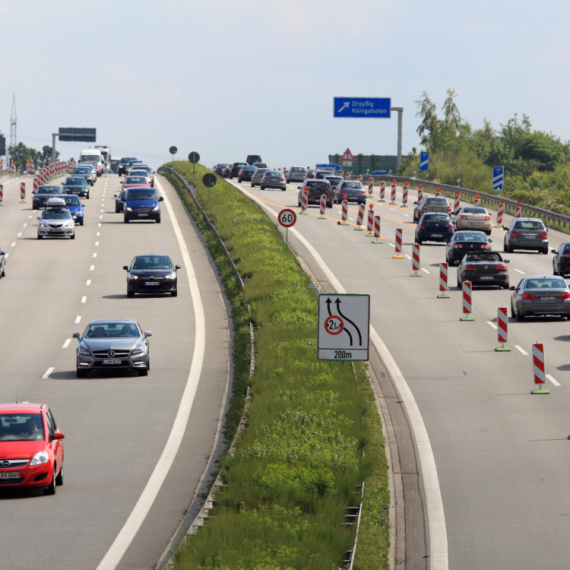
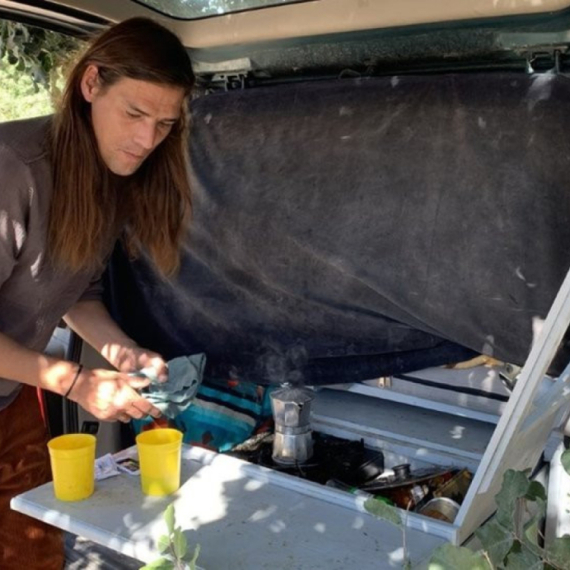
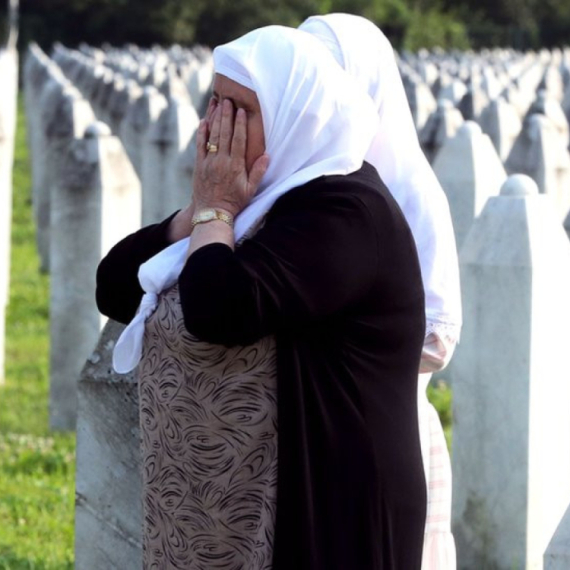
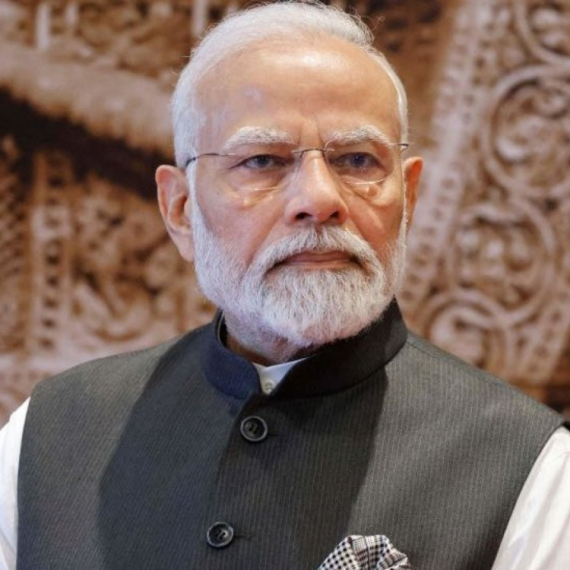

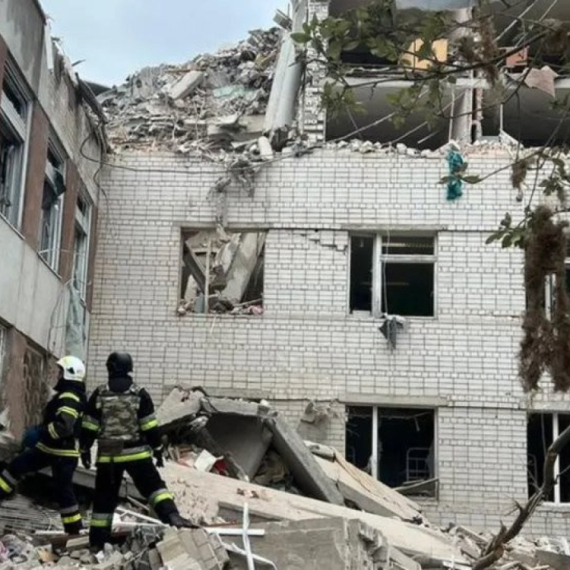

Komentari 12
Pogledaj komentare